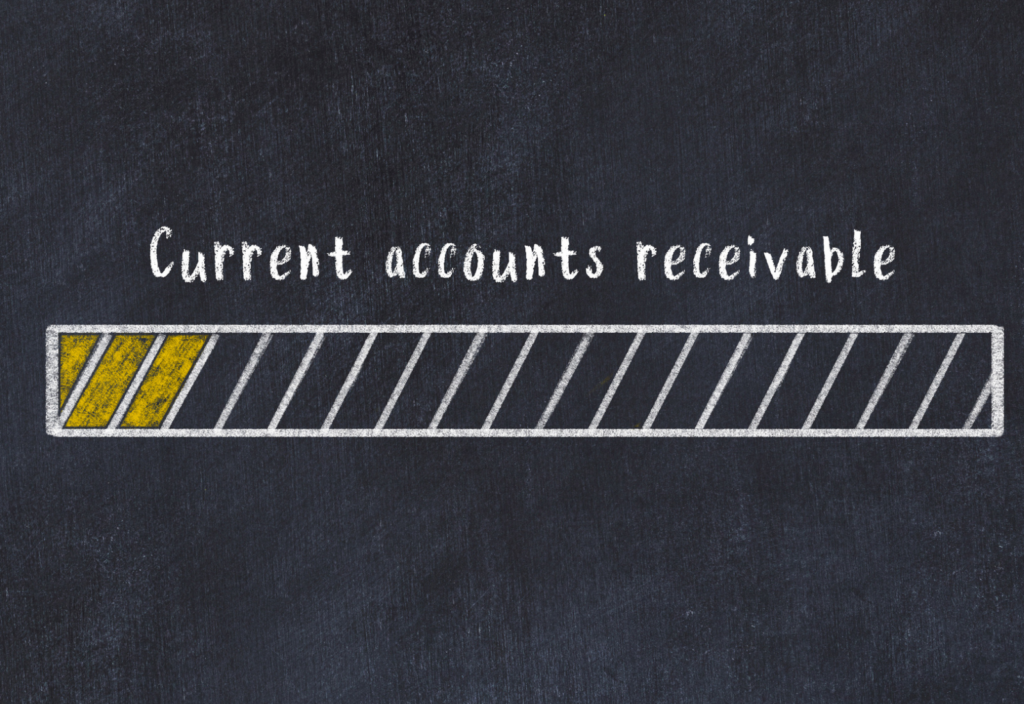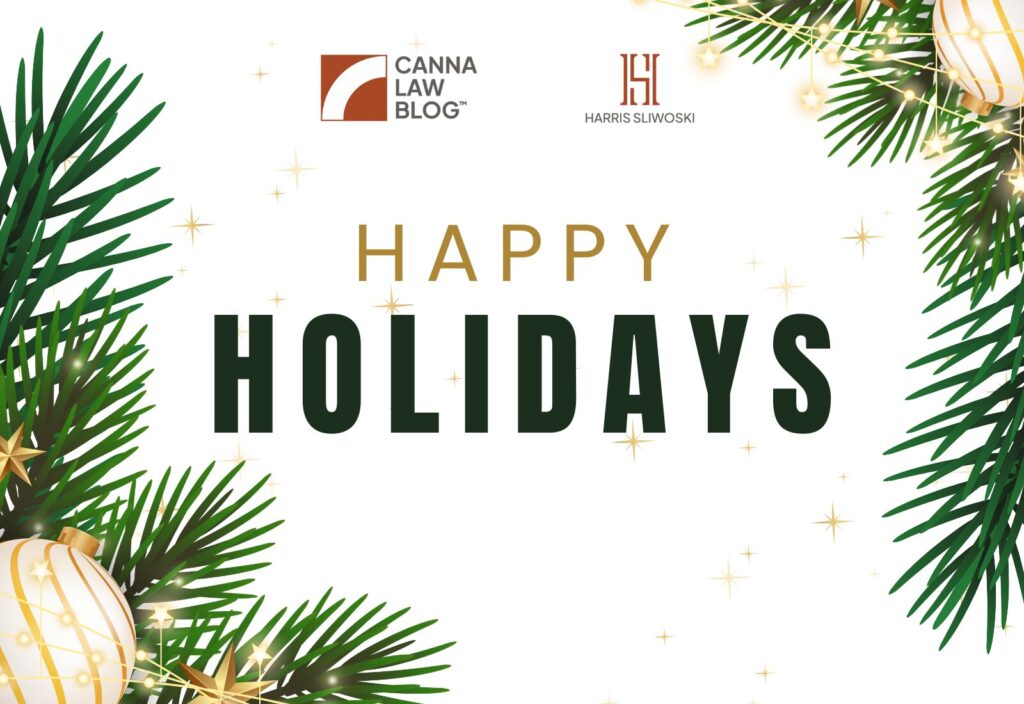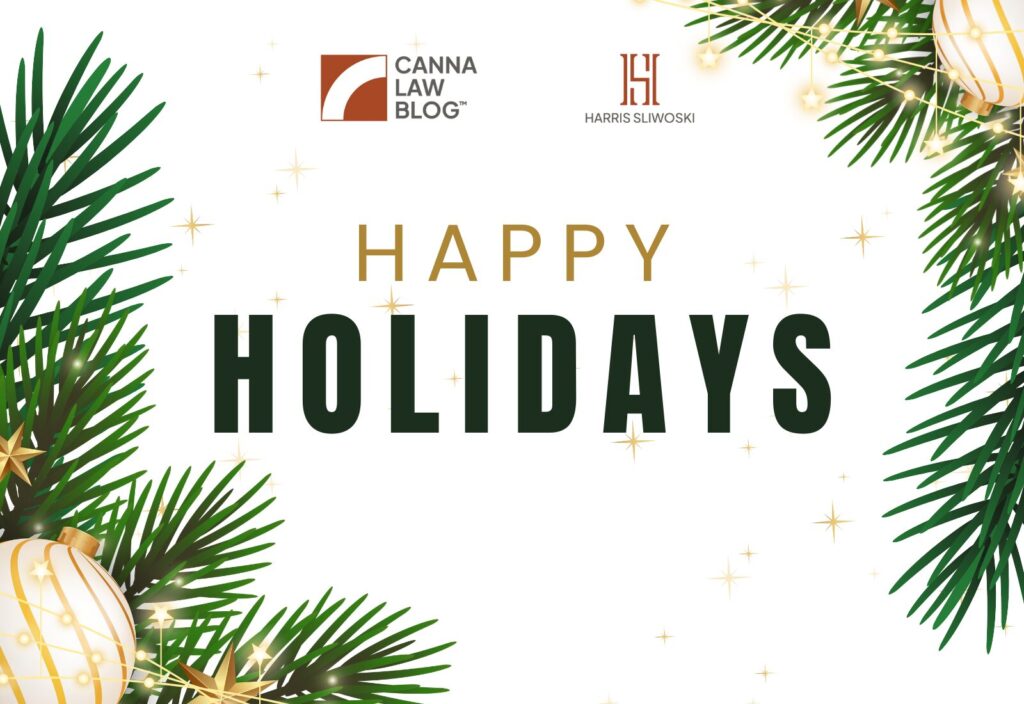
On this hallowed 4/20, while consumers and businesses celebrate cannabis near and far (which is great!), it’s important to be mindful that the cannabis industry is getting financially pummeled nationwide. For the cannabis companies able to survive this rocky time, cannabis collections are becoming an increasing headache as other cannabis businesses fold and/or just ignore payment obligations. Hopefully, cannabis companies have persisted in getting their intra-industry agreements in writing, through which there’s a clear path to recourse against either licensees who can’t or (more likely) won’t pay their bills. In any event, the cannabis collections process is no easy task.
What to do if you’re owed money by a cannabis company
Whether you’re a manufacturer, grower, distributor, retailer, or something else, you’re likely seeking payment from another cannabis licensee for whatever exchange of value went down in the past. For example, retailers sometimes have fee slotting agreements where they charge wholesalers for prime shelf space. Or perhaps you’re an intellectual property licensor that’s licensed your intellectual property to a cannabis company for a royalty. Or you might be a distributor that distributes product to retailers on net terms. Chances are at this point, regardless of the commercial relationship, the party
Read full article on HarrisBricken






































